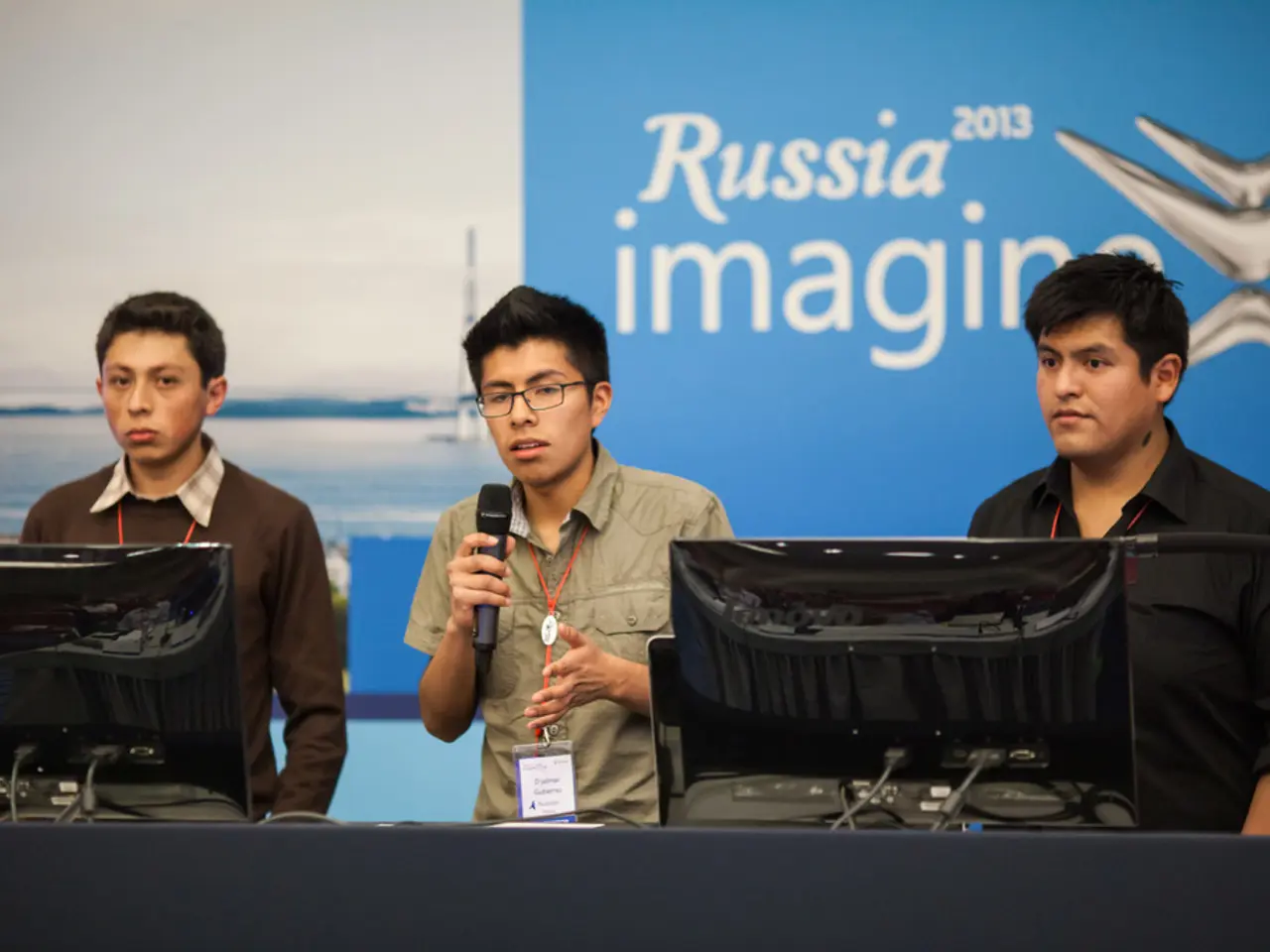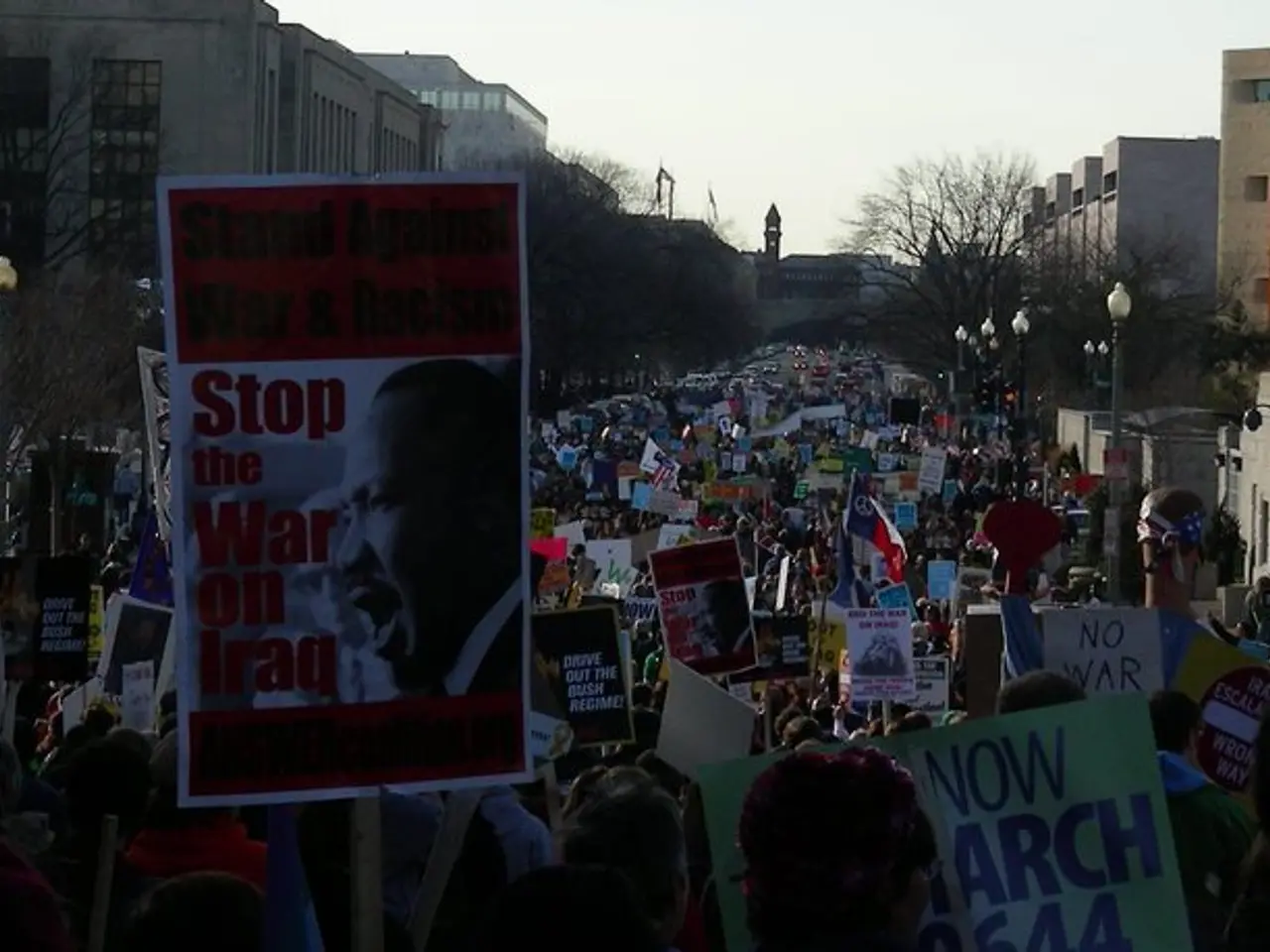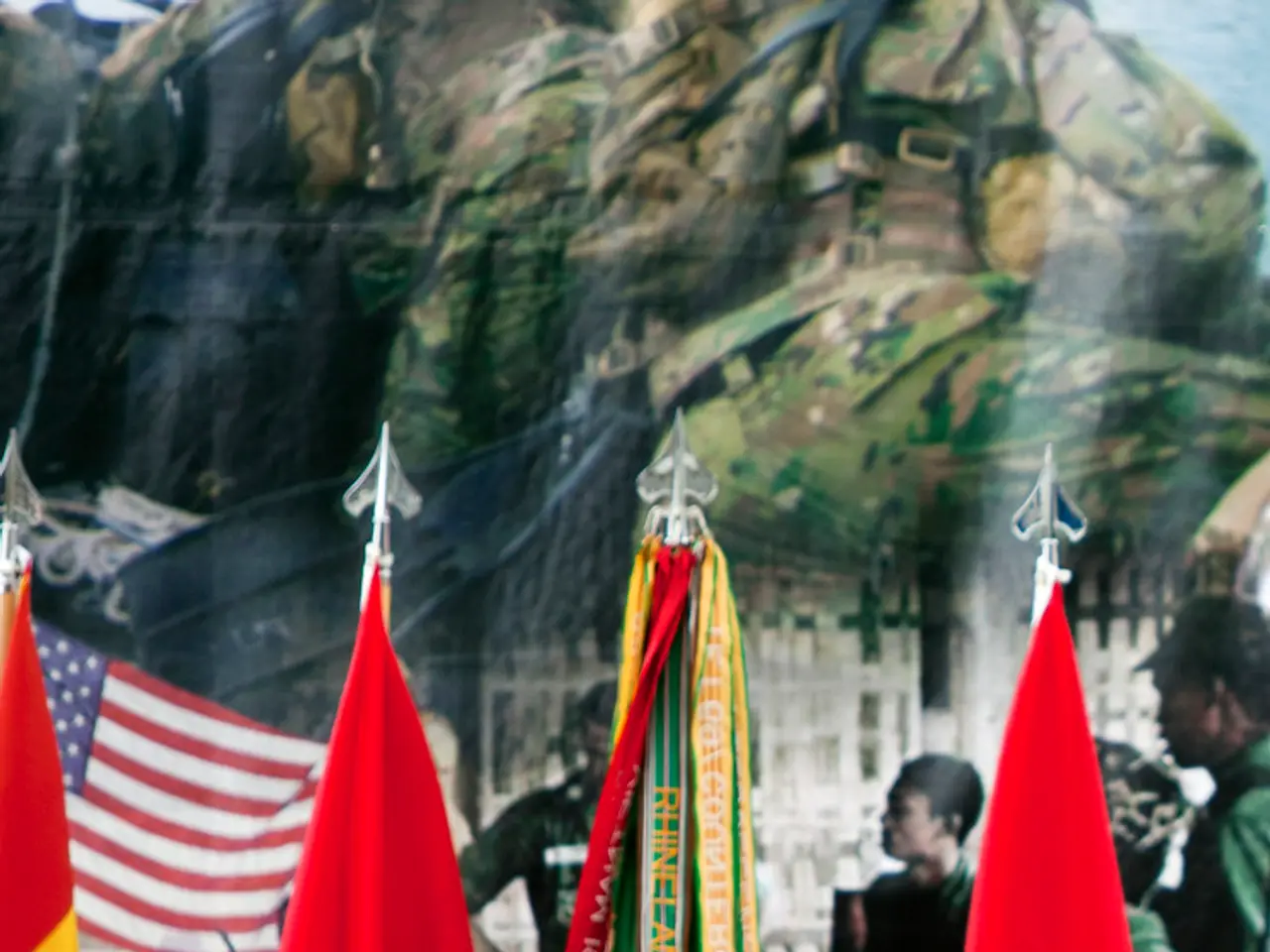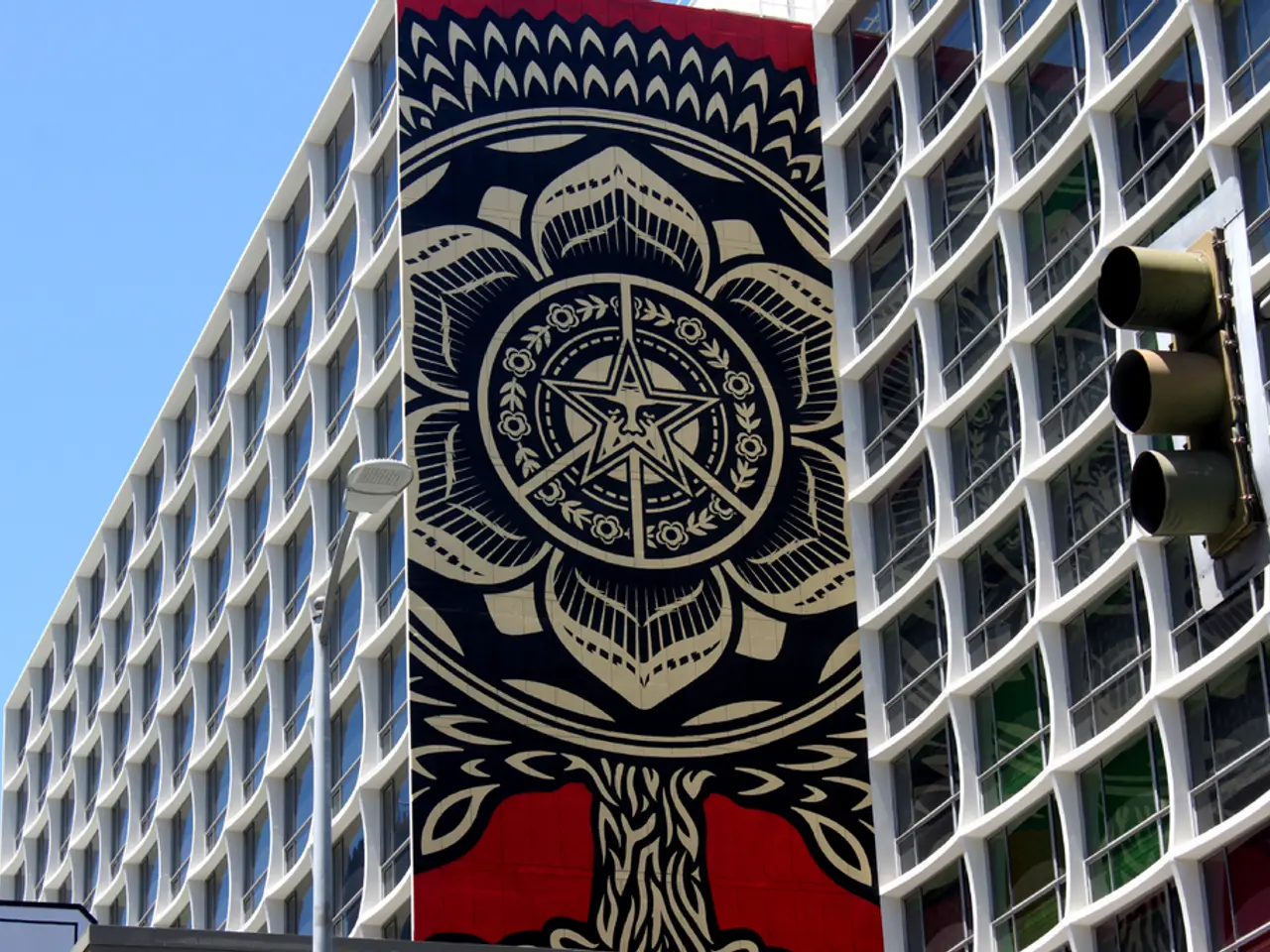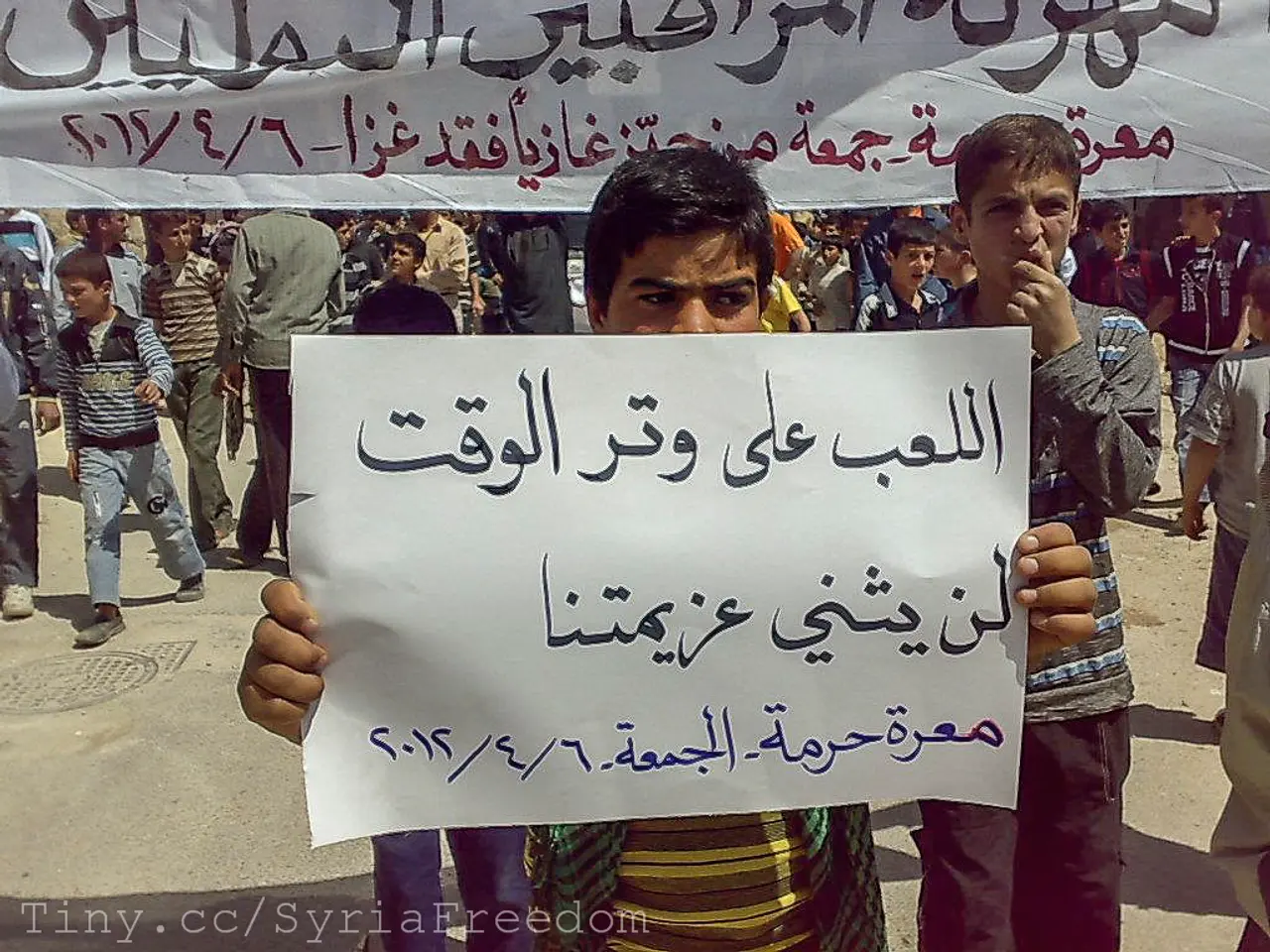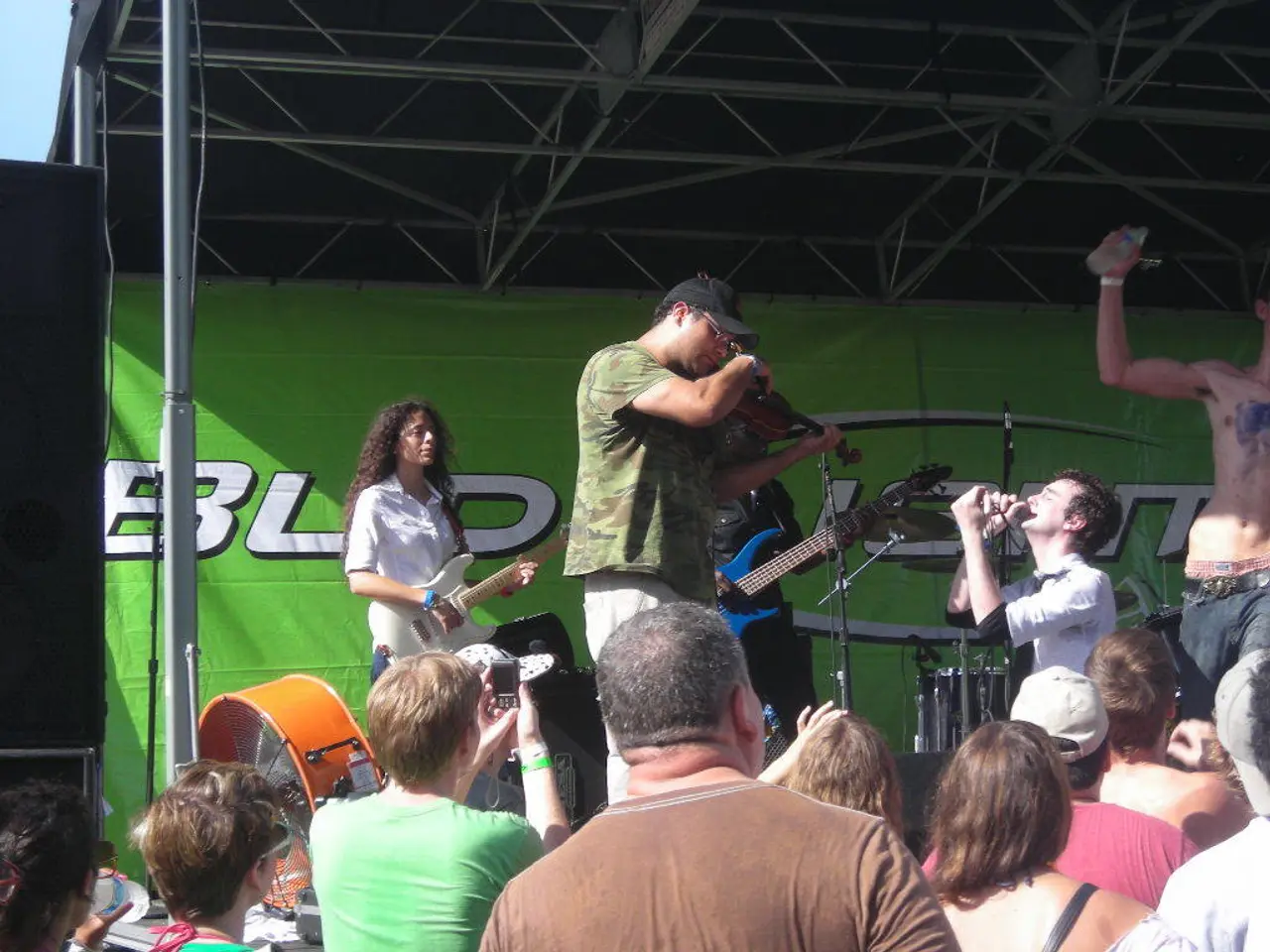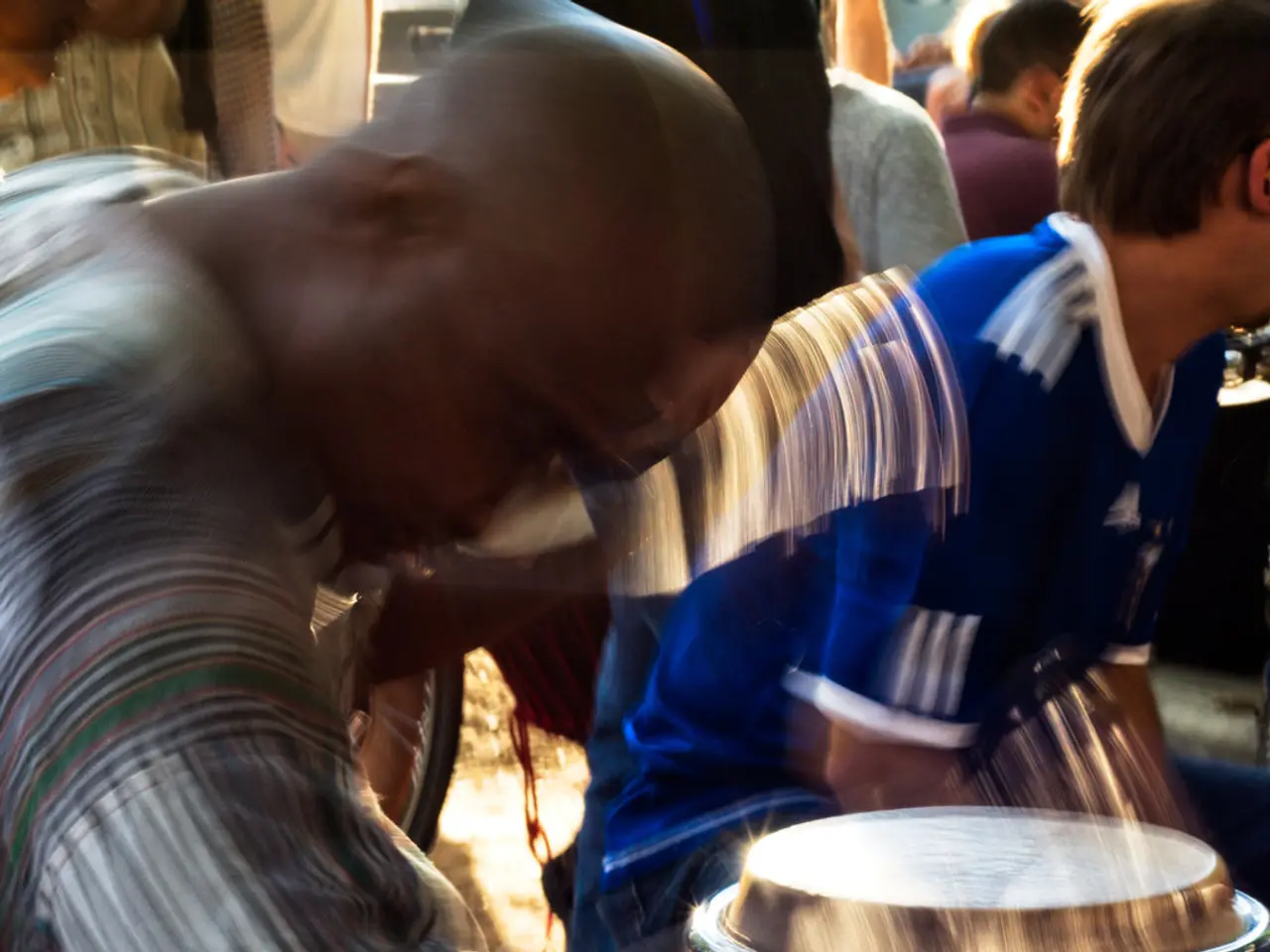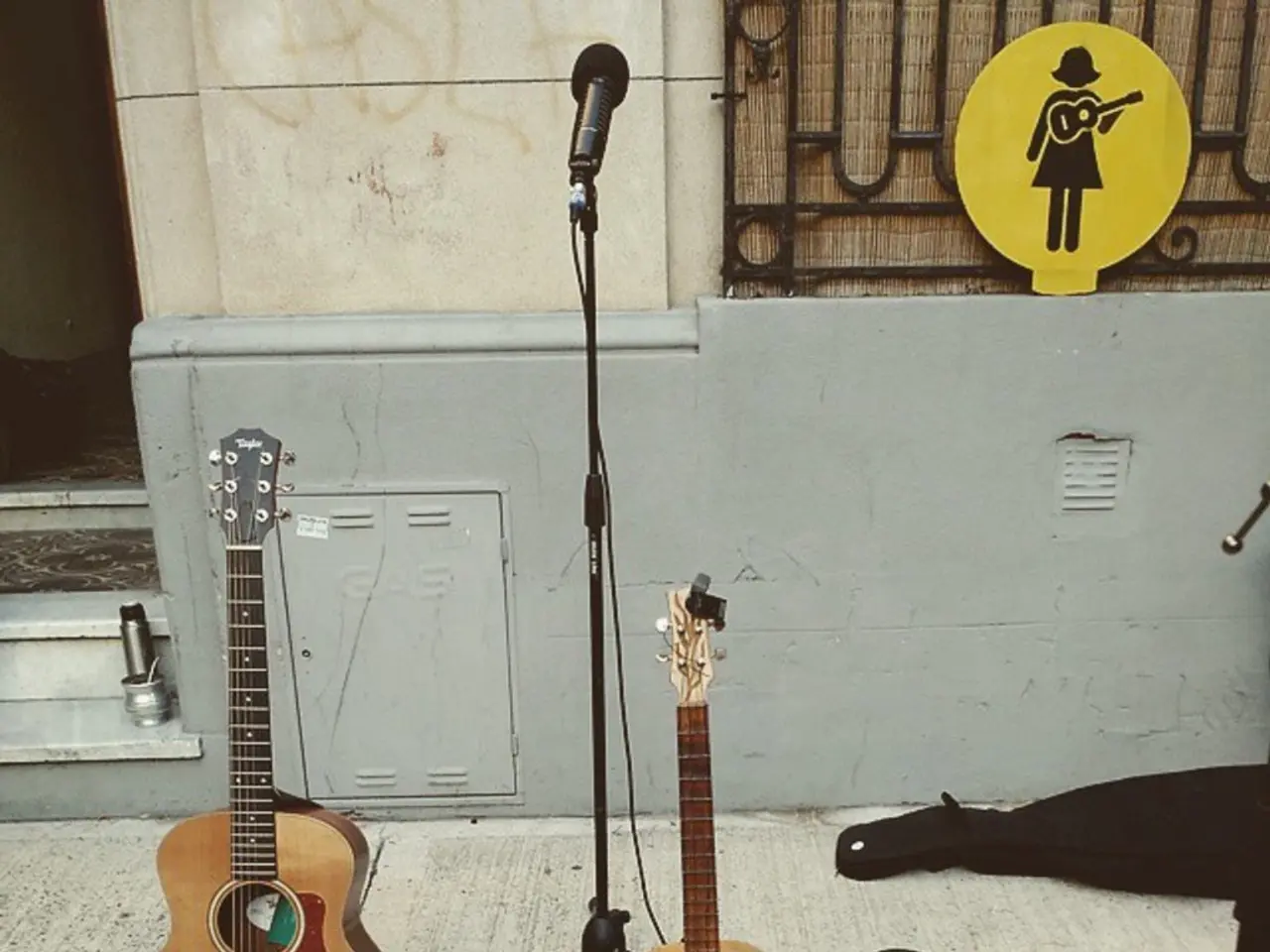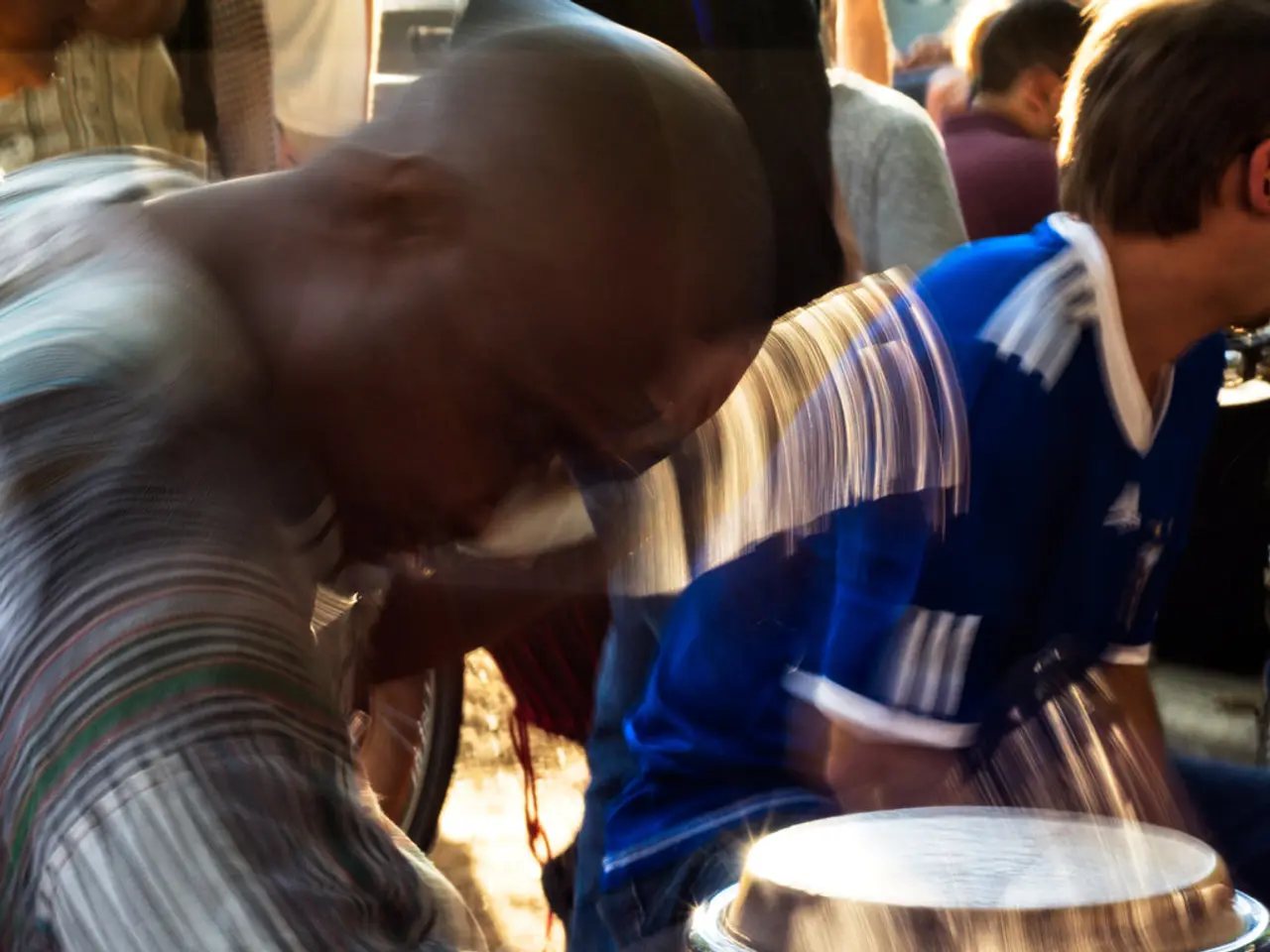Key Moments in the Deterioration of Russian-European Relations: A Examination of Putin's Private Meeting with Berlusconi and Gift-giving to Merkel
In the early 2000s, Vladimir Putin, a new Russian president, sparked hopes for improved relations with the West. However, a series of key events over the subsequent years marked a significant deterioration in Russia's relations with Europe.
One of the first major conflicts was the 2008 Russian-Georgian War. In August of that year, a brief war broke out between Russia and Georgia over the separatist regions of South Ossetia and Abkhazia, which Russia supported. This conflict significantly strained Russia’s relations with the West, including Europe, as the U.S. and EU condemned Russia's actions as bullying and intimidation[1].
The relationship between Russia and Europe took another turn for the worse in 2014, following the annexation of Crimea. After Ukraine's 2014 political upheaval and the fall of Viktor Yanukovych’s government, Russia annexed Crimea following a controversial referendum. This move was widely condemned by Europe and the US as a violation of international law, leading to Russia's suspension from the G8 and sanctions against it[1].
Russia’s full-scale invasion of Ukraine starting in 2022 intensified the deterioration. The invasion led to unprecedented Western sanctions isolating Russia economically and politically. Europe, alongside the U.S. and other allies, firmly supported Ukraine both militarily and politically, and countries like Finland and Sweden moved to join NATO, previously known for neutrality. This shifted the European security landscape fundamentally and deepened the divide with Russia[4][5].
Earlier, tensions were also observed in Russia's actions in Syria, which further complicated relations with Western countries. Beyond Ukraine, strained relations were also exemplified by Russia’s arms supplies to groups hostile to European interests, such as Hezbollah, affecting Russia’s ties with countries aligned with Europe[1][2].
Throughout the 2000s and 2010s, disputes over energy supplies (notably gas pipelines), regional influence, and NATO expansion further contributed to mistrust and rivalry between Russia and Europe[3][5].
The first open break in relations between Russia and Europe occurred at the Munich Security Conference in 2007, when Putin criticized the dominance of the USA in global relations[6]. Russia, under Putin's leadership, aimed to gain more influence in Europe, separate Europe from America, and determine the continent's future together with Europe.
The population protests en masse on Maidan Square in Kyiv, marking the beginning of Euromaidan, was another significant event that strained relations. In February 2014, Yanukovych fled[7]. In winter 2013, then-President Yanukovych decided at the last moment not to sign a planned association agreement with the EU, giving in to Russian pressure[8].
Sweden and Finland were among the minority of voices warning of a military threat from Russia in the aftermath of the Georgian War. Russia continues to carry out hybrid attacks against European targets, with Europe perceiving this as a threat[9].
Despite Putin's efforts to cultivate personal relationships with European heads of state, including German Chancellor Schröder, visiting him on his birthday, and demonstrating an interest in good relations with Europe and the West, speaking the local language in the German Bundestag, the relationship between Russia and Europe has now reached its lowest point[2][4].
Russia remains in the G20, but is often sidelined at summits, and Putin's visits to Western Europe are rare[4]. The Orange Revolution in Ukraine in 2004 was a significant sign for Putin that the West was ready to intervene politically in Ukraine, which he considered his sphere of influence[2].
In conclusion, the deterioration of Russia-Europe relations from the early 2000s to today centers on Russia’s military engagements in Georgia, Ukraine (Crimea annexation and full invasion), Syria, and conflicts of interest over security, territorial integrity, and energy politics, all exacerbated by Western sanctions and shifts in European security policy[1][4][5].
[1] https://www.bbc.com/news/world-europe-17744156 [2] https://www.bbc.com/news/world-europe-26051791 [3] https://www.bbc.com/news/world-europe-19864727 [4] https://www.bbc.com/news/world-europe-55815399 [5] https://www.bbc.com/news/world-europe-55815399 [6] https://www.bbc.com/news/world-europe-18772525 [7] https://www.bbc.com/news/world-europe-26051791 [8] https://www.bbc.com/news/world-europe-26051791 [9] https://www.bbc.com/news/world-europe-56827046
- The migration of political discourse in Europe has been significantly influenced by war-and-conflicts, such as the 2008 Russian-Georgian War and Russia's annexation of Crimea, both of which have been labeled as violations of international law by the general news media.
- Crime-and-justice issues have arisen in Europe due to Russia's arms supplies to groups hostile to European interests, as well as its perceived hybrid attacks against European targets, causing concern and fear among several European nations.
- Politics and news discussions in Europe have revolved around Russia's power in conflict zones, like its full-scale invasion of Ukraine, as well as energy politics, particularly disputes over gas pipelines, which have led to mistrust and rivalry between Russia and Europe.
